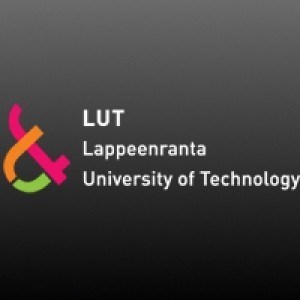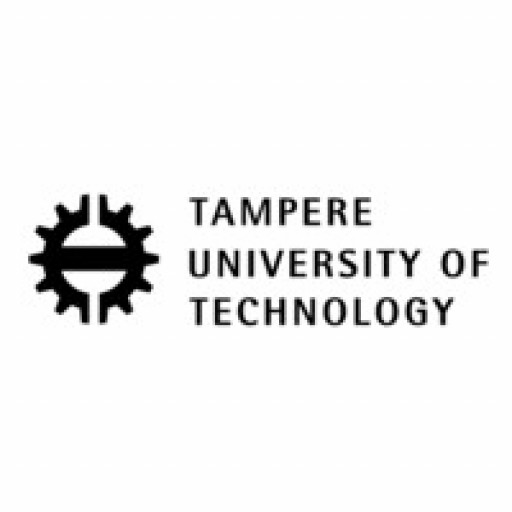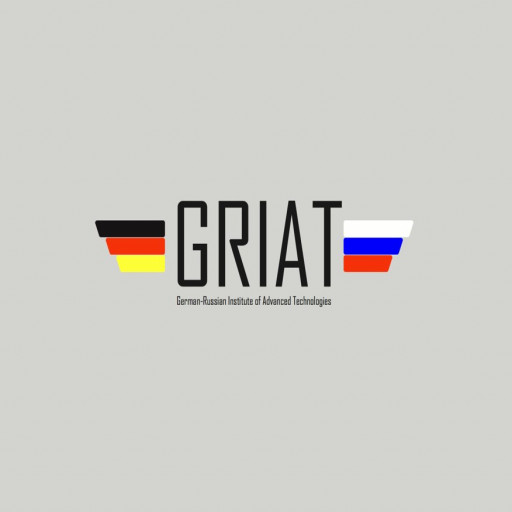Photos of university / #aaltouniversity
Building Technology at Aalto University is a comprehensive and innovative master's degree programme designed to prepare students for careers in the construction and building industry. The programme focuses on the scientific and technological aspects of building design, construction processes, sustainable development, and modern building systems. Students will gain a thorough understanding of building physics, materials, construction management, and environmental considerations, equipping them to develop energy-efficient, safe, and sustainable buildings. The curriculum integrates theoretical knowledge with practical skills, emphasizing the importance of interdisciplinary collaboration and problem-solving in real-world projects. Through coursework, laboratory work, and project assignments, students learn to analyze building performance, apply cutting-edge technologies, and implement innovative solutions in building design and construction. The programme also offers opportunities for specialized studies in areas such as building simulation, advanced materials, and renovation techniques. Collaboration with industry partners and participation in research projects ensure that students stay abreast of the latest trends and innovations in building technology. Graduates of the programme are well-prepared for diverse roles in consulting firms, construction companies, research institutions, and within the public sector, where they can contribute to creating sustainable, energy-efficient, and comfortable built environments. The Building Technology programme at Aalto University is ideal for students passionate about advancing sustainable construction practices and seeking to make a meaningful impact on the future of urban development and building performance.
The programme includes six courses (totalling 30 cr) of common core studies which form the autumn term of the first year. After the first term, students can specialise in a certain field of building technology or they can – by combining courses from different fields – acquire a good general understanding of engineering applications related to building technology.
Technical knowledge will be deepened by selecting six courses (30 cr) from the packages of advanced courses offered by the study programme. The synthesis or specialisation of the studies can be further strengthened through 30 cr of elective studies, which may include the courses offered by the study programme or other courses within Aalto University. For the specialisation, the predefined courses will also be available for the students. The programme concludes with a master’s thesis of 30 cr, which is prepared individually.
The master’s thesis (30 cr) is a piece of applied research that includes not only the written thesis but also the maturity essay and a presentation. The key goal of the master’s thesis is solving a problem relevant to the field of study based on existing scientific knowledge in compliance with the principles of responsible conduct of research. The goal is to produce a scientific thesis. The master's thesis shall be written on a topic related to the advanced studies of the degree programme, agreed upon between the student and the supervising professor. A suitable topic can, for instance, be a research and development project carried out for a partner outside the university, or it can be connected to an ongoing research project of the department. The master’s thesis takes 6 months (fulltime) and it is an individual project.
In the Master’s Programme in Building Technology the thesis can be, for example, an experimental or numerical study of the behavior of structures, a simulation of functionality of buildings or development of processes and operations in construction.
Student selection
The selection process is competitive and paper-based. Applications that pass the eligibility check of Aalto University Admissions Services (administrative evaluation) proceed to the programme specific academic evaluation.
The following academic evaluation criteria applies to this master's programme:
• Degree and institution of higher education
• Relevancy of studies
• Academic performance
• Motivation
Academic evaluation is split into two phases
− In the first phase, the applicant’s degree that is used as grounds for the application and the related institution of higher education are evaluated. The applicant’s academic performance is evaluated, while any of the applicant’s other education that is attached to the application may also be evaluated. Criteria used to evaluate academic performance may include the time taken to complete the degree as well as the date of the degree’s completion.
− In the second phase, the acceptable applicants are ranked. A number of eligible applicants no greater than the allotted quota are admitted based on the academic evaluation. The most important criteria are the applicability of previous studies and academic performance in studies relevant to the study option. The aim is to admit only those applicants who have the required competence to begin studies without any supplementary studies.
The Building Technology master's program at Aalto University offers a diverse range of financing options to support students throughout their studies. Tuition fees for non-EU/EEA students apply, with detailed information available on the university's official website. Scholarship opportunities are available for both domestic and international students, including merit-based scholarships and need-based grants. These scholarships are highly competitive and aim to attract talented individuals to the program. In addition to external financial aid, Aalto University provides various Finnish government-funded study grants and funding options for EU/EEA students, which may cover part or all tuition fees depending on eligibility.
Students are encouraged to apply for student loans through their home country's governmental or private lending institutions if additional funding is needed to finance living expenses and study-related costs. The university also offers work-study opportunities, allowing students to earn income by participating in research projects or assisting in university services, which can help offset living costs. Furthermore, students can explore external scholarships from Finnish foundations, industry partners, and international organizations dedicated to supporting engineering and technological education.
Financial planning before starting the program is essential, and prospective students should review the specific eligibility criteria and application deadlines for each funding source. The financial aid office at Aalto University provides guidance and assistance to help students identify suitable funding options aligned with their individual circumstances. Overall, building a comprehensive financial plan involving multiple funding sources can significantly ease the economic burden and enable students to focus more on their academic and professional development in the Building Technology field.
Building Technology at Aalto University offers a comprehensive and in-depth education designed to prepare students for the complex challenges of modern building design, construction, and operation. The program emphasizes sustainable development, energy efficiency, and the integration of innovative technologies within the built environment. Students gain a solid foundation in the principles of structural engineering, environmental systems, and building physics, combined with practical skills in designing intelligent and eco-friendly building solutions. The curriculum includes courses on building materials, construction management, HVAC systems, and smart building technologies, ensuring graduates are well-equipped to address the diverse needs of the construction industry. Practical training is a key component of the program, providing students with hands-on experience through laboratory work, project-based assignments, and collaboration with industry partners. The program also encourages multidisciplinary teamwork, fostering skills in communication, project planning, and problem-solving within a global context. Graduates of the Building Technology program are prepared for careers in architecture firms, engineering consultancies, construction companies, and research institutions, contributing to the development of sustainable, energy-efficient, and innovative built environments. The program is taught in English and benefits from Aalto University's strong network of international collaborations, ensuring students are exposed to global trends and best practices in building technology. This combination of theoretical knowledge, practical skills, and international perspective makes the Building Technology program at Aalto University a leading choice for aspiring professionals committed to advancing sustainable building practices worldwide.







